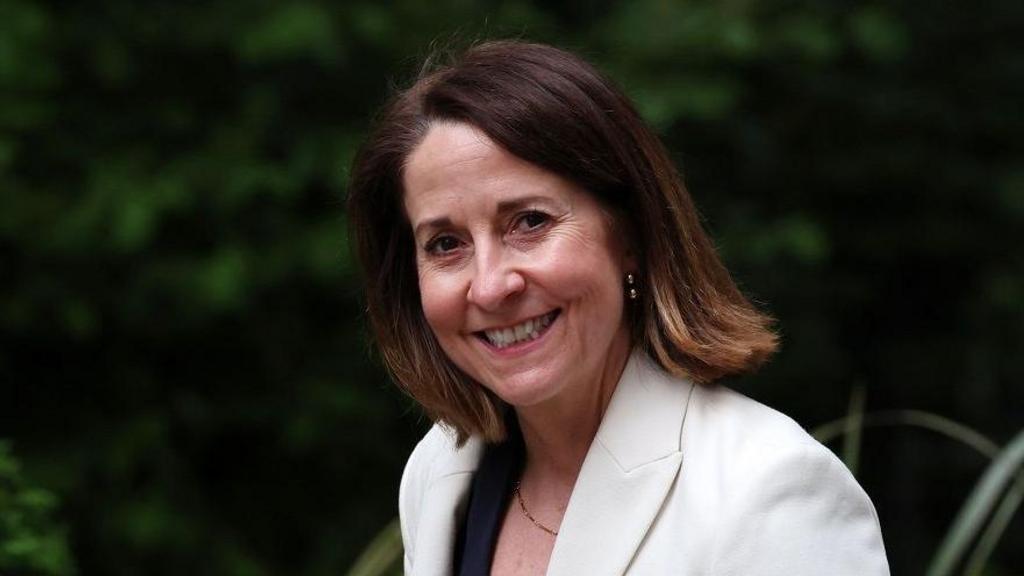At least 80 Labour MPs are reportedly backing a renewed attempt to block the government’s proposed welfare reforms, according to the BBC.
These MPs have signed an amendment enabling a vote on rejecting the welfare reform bill in its entirety.
Significant concerns have been raised by numerous Labour MPs regarding plans to cut disability and sickness benefits, aiming for £5bn in annual savings by 2030.
While ministers have sought to mitigate the impact of these changes, considerable discontent persists among Labour MPs.
The Universal Credit and Personal Independence Payment Bill includes provisions to tighten eligibility for Personal Independence Payment (PIP) for individuals with less severe conditions.
The amendment, reviewed by the BBC, acknowledges the need for social security reform but details reasons for rejecting the bill.
These reasons cite the anticipated rise in relative poverty, insufficient consultation, and inadequate impact assessments regarding employment and health consequences.
This reasoned amendment, a parliamentary mechanism, allows MPs to formally record their objections.
If selected by the Speaker and approved by a majority, the bill’s progress through Parliament will be halted.
Although success is uncertain, the level of Labour support signals a substantial potential rebellion.
A list of signatory MPs, reportedly including ten Labour select committee chairs, is expected Monday evening.
Many members of the Socialist Campaign Group haven’t yet signed, suggesting the number could exceed 100.
This level of opposition could potentially defeat the government if other parties also oppose the bill.
The government holds a 165-seat majority; 83 Labour MPs opposing the bill would be enough to cause a defeat.
Conservative leader Kemi Badenoch previously stated her intention to avoid preemptive disclosure of plans to Labour.
A senior Conservative source indicated that the shadow cabinet will discuss supporting the welfare reforms during their Tuesday morning meeting.
Approximately half of the current signatories are reportedly newly elected Labour MPs.
The bill’s vote is scheduled for Tuesday, July 1st.
During a Labour MP meeting, Work and Pensions Secretary Liz Kendall defended the reforms, arguing that increased benefits spending alone is not a path to social justice.
Kendall stated that their aim is to build a fairer society where those who can work receive support, and those who cannot are protected.
She emphasized that the plans are designed to ensure fairness for both those needing support and taxpayers, ensuring the welfare system’s sustainability.
An unnamed key coordinator behind the amendment cited the government’s U-turn on winter fuel payments as evidence of susceptibility to pressure.
This, they said, emboldened many signatories, arguing that MPs who voted for those cuts received considerable criticism in their constituencies.
The amendment’s genesis, reportedly, was the government’s offer of an extended transition period for PIP recipients.
This offer was deemed “pathetic” and further angered potential rebels, according to the coordinator.
Attempts by Sir Keir Starmer and Chancellor Rachel Reeves to persuade dissenting MPs reportedly had the opposite effect.
The coordinator accused Number 10 of attempting to bully MPs and stated the amendment aims to force the government to withdraw the vote.
The welfare reforms could push an additional 250,000 people, including 50,000 children, into relative poverty, according to the government’s impact assessment.
The Department for Work and Pensions anticipates 3.2 million families experiencing financial losses, averaging £1,720 annually.
This includes 370,000 current PIP recipients and 430,000 future claimants who would receive less.
However, ministers emphasize that these figures don’t account for planned spending on assisting the long-term sick and disabled back into work, or poverty reduction efforts.
Ministers hope these initiatives will boost employment among benefit recipients, addressing the 2.8 million economically inactive due to long-term sickness.
Without change, health and disability benefits are projected to reach £70bn annually by the end of the decade, a level deemed unsustainable by the government.
Implementation is planned for November 2026, with no benefit reductions before then.
The work and pensions secretary defends cuts that have angered over 100 Labour backbenchers.
A bill enacting cuts – part of a £5bn savings plan by 2030 – arrives in Parliament on Wednesday.
Liz Kendall attempts to mitigate the impact of planned benefits cuts as Labour MPs consider rebellion.
The work and pensions secretary acknowledges that welfare changes are “never easy and rarely popular.”
Ministers have met with Labour MPs concerned about new restrictions on disability payments.

